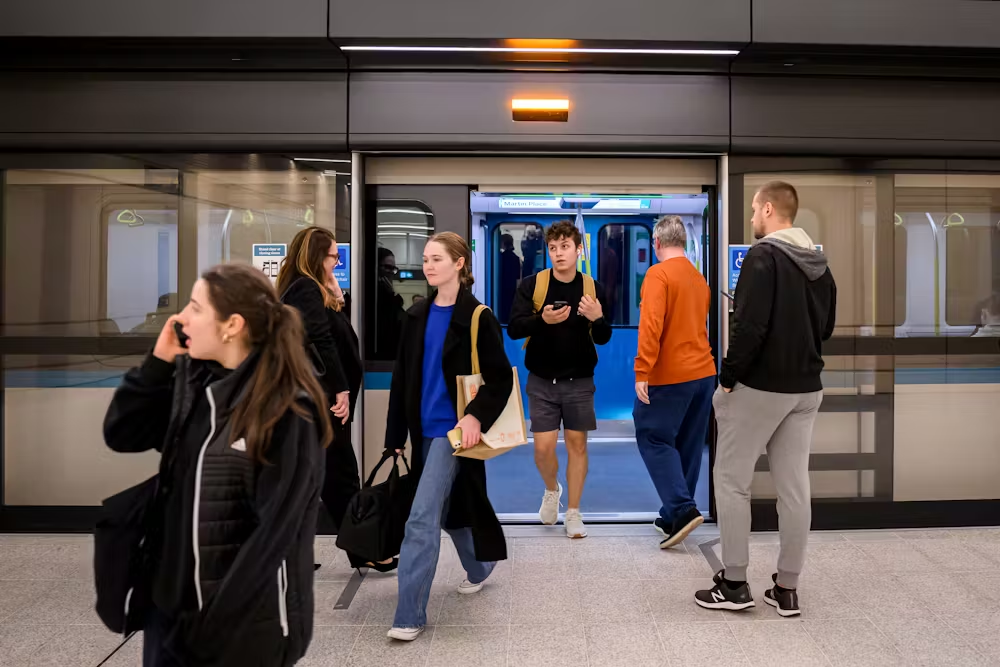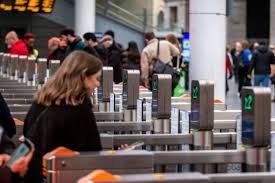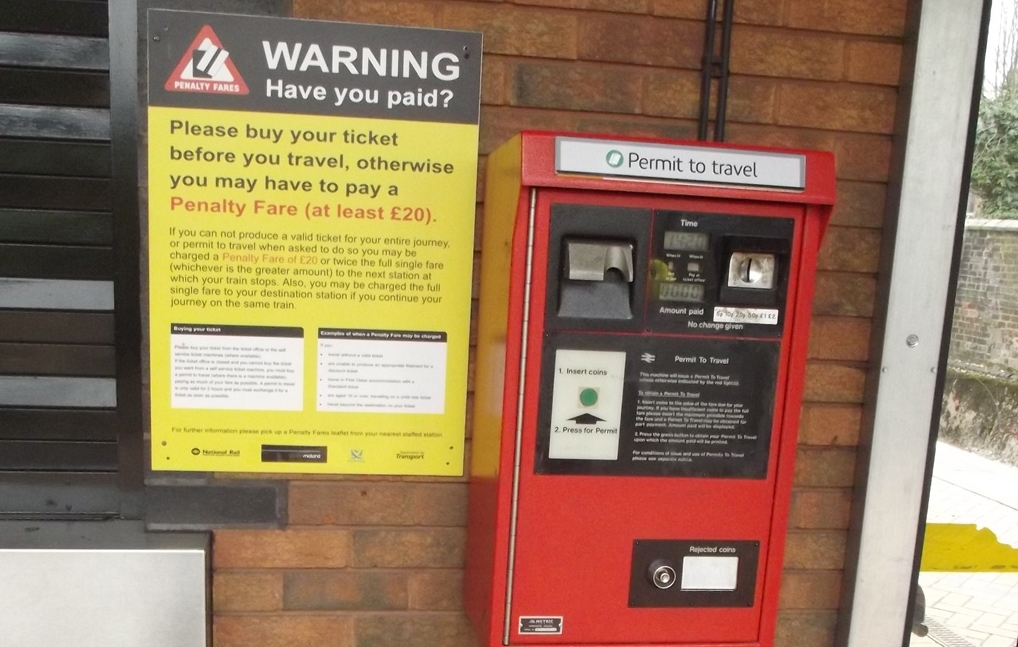Fare evasion is a growing concern for public transport operators throughout the UK. While many people diligently pay for their journeys day after day, some knowingly or unknowingly skip the fare. For transport providers, this issue is more than just a minor inconvenience, it leads to financial losses, disrupts service improvements, and can result in higher ticket prices for honest passengers. As a solicitor who has handled numerous fare evasion cases, I've seen how a momentary lapse or intentional attempt to save money can quickly escalate into penalty fines or, in the worst scenarios, criminal charges.
This article delves into why people evade fares, the legal and social consequences of doing so, and practical steps travellers can take to avoid being caught up in an enforcement action. We'll also examine what operators, regulators, and the justice system can do to address the root causes of fare dodging. By understanding the motivations behind fare evasion, everyone from daily commuters to legal professionals can help maintain a more equitable and efficient transport network.
1. Defining Fare Evasion and Its Consequences
What is Fare Evasion?
In broad terms, fare evasion refers to travelling by public transport, bus, train, tram, or tube, without paying the correct fare. This can mean using someone else's ticket, failing to tap in or out with a contactless card, riding with an expired pass, or intentionally bypassing barriers. While some mistakes are genuinely unintentional, strict liability laws often mean travellers can face penalties even if they did not intend to commit an offence.
Potential Legal and Financial Ramifications
For individuals caught evading fares, the consequences vary:
Given these potential outcomes, understanding why people evade fares is a crucial step in reducing infractions and guiding those who might already be in legal trouble.
2. The Most Common Reasons for Fare Evasion
2.1 Financial Hardship
For some travellers, particularly those on low incomes or dealing with job loss, the cost of daily commuting can prove overwhelming. Faced with rising transport fares, it might seem easier to risk a penalty notice than sacrifice other essentials like housing, food, or utilities.
Key Observations- Systemic Issues: The root cause often lies in inadequate income or lack of resources, suggesting that simply increasing penalties may not address the fundamental struggle.
- Risk vs Reward: People in precarious financial situations might gamble on not getting caught, viewing even a single fine as less damaging than consistently expensive fares.
2.2 Lack of Awareness or Confusion
Fare structures can be complex, especially in regions with multiple zones, off-peak rates, and varying rules for concessions. Travellers new to an area might unintentionally board a bus or train without understanding how to purchase the correct ticket.
Key Observations- Technological Hurdles: Complex ticket machines, smartphone apps, and contactless systems can exacerbate confusion.
- Language Barriers: Tourists and non-English speakers may struggle with instructions, leading to accidental non-payment.
2.3 Convenience and Time Pressure
When queues at ticket machines grow long or travellers rush to catch the last train, a quick decision can mean boarding without a valid fare. In busier areas, the temptation to slip through without paying may feel stronger when time is short.
Key Observations- Perception of Low Risk: Some commuters assume inspectors will not check during peak hours or on shorter routes.
- Barrier and Staffing Gaps: Unstaffed stations or open gates at certain times can create opportunities for unintentional (and intentional) fare evasion.
2.4 Deliberate Fraud
A subset of fare evaders consciously dodge payment, perhaps by using someone else's season ticket, forging tickets, or repeatedly exploiting free-entry points. Such individuals weigh the slim chance of getting caught against the daily savings on transport costs.
Key Observations- Serial Offenders: Habitual offenders sometimes refine their methods, making detection more difficult for revenue protection staff.
- False or Stolen Documents: Some go as far as creating counterfeit passes, which can lead to serious criminal charges if discovered.
2.5 Social or Psychological Factors
For a minority, fare evasion might be driven by an attitude of resentment towards transport operators, government policies, or perceived inequities in pricing. Anger or distrust of the system can manifest as refusal to pay, regardless of financial means.
Key Observations- Anti-Establishment Views: Some see fare dodging as a small act of rebellion against perceived corporate profiteering.
- Peer Influence: Social groups normalising fare evasion can encourage individuals to follow suit, believing it is harmless or justified.
3. Consequences Beyond the Individual
Impact on Honest Passengers
Lost revenue from fare evasion often results in increased fares for all users, as operators attempt to recoup losses. This can perpetuate a cycle where those on tight budgets feel even less able to afford legitimate tickets, risking further infractions.
Strain on Transport Services
Operators facing major shortfalls might delay investing in new routes, station upgrades, or more frequent services. The entire network can suffer from reduced service quality when resources are diverted to cover unpaid fares.
Pressure on the Legal System
Frequent prosecutions for fare evasion can burden courts, particularly if repeat offenders escalate their behaviour. This diverts legal resources from other areas, further amplifying the negative impact on community infrastructure.
4. Constructive Approaches and Practical Solutions
4.1 Improved Ticketing Technology
- User-Friendly Interfaces: Streamlining machine design and mobile apps can minimise confusion. Providing multiple language options ensures better accessibility.
- Transparent Pricing: Clearer labelling of zones and peak/off-peak times can deter accidental fare evasion by reducing knowledge gaps.
4.2 Greater Public Awareness
- Education Campaigns: Transport authorities can launch information drives on how to buy tickets, use contactless systems, and understand penalty fares.
- Visible Enforcement: Regular patrols and on-board announcements about ticket checks can discourage borderline fare evaders who assume they won’t be caught.
4.3 Targeted Support for Financial Hardship
- Discount Programmes: Extending concession eligibility or offering means-tested passes could ease the burden on low-income travellers and reduce the temptation to evade.
- Payment Flexibility: Allowing instalment options for season tickets or penalty fare notices may help those facing temporary financial difficulties avoid sliding into larger debts.
4.4 Enhanced Collaboration with the Justice System
- Out-of-Court Settlements: Where appropriate, offering out-of-court settlements can save resources and grant offenders an opportunity to avoid a lasting criminal record.
- Proportional Penalties: Ensuring that repeated, deliberate fare evasion is punished more severely than accidental non-payments encourages fairer treatment of cases.
5. Advice for Individuals Facing Fare Evasion Charges
5.1 Understand Your Rights and Responsibilities
If you receive a penalty fare, the notice should explain how to pay or appeal. Act promptly, missing deadlines typically leads to increased fines or potential court action.
5.2 Gather Evidence if You Dispute the Charge
For those who believe they’ve been unfairly accused, perhaps due to a ticket machine fault, evidence is key. Photos of broken equipment, card statements showing attempts to pay, and staff testimonies can bolster your defence.
5.3 Consider Seeking Professional Help
Repeated offences, large sums, or allegations of fraud can escalate quickly, jeopardising your employment or immigration status. Consulting a solicitor experienced in fare evasion matters may help you negotiate an out-of-court settlement or present a strong case if you reach court.
5.4 Learn from the Experience
Many individuals unintentionally break the rules due to confusion or haste. Use the incident as an opportunity to understand local ticketing systems, zone boundaries, and the consequences of non-payment, lessening the likelihood of repeated errors.
Conclusion: Resolving Fare Evasion Through Awareness, Fair Policies, and Proactive Legal Guidance
Understanding why people evade fares, be it financial hardship, confusion, convenience, or deliberate fraud, is crucial for creating a fair public transport system that serves everyone. Public education, better ticketing technology, and support for financially vulnerable travellers can help reduce the temptation or need to dodge fares. Meanwhile, proportionate enforcement and constructive legal solutions encourage compliance without overly penalising genuine mistakes. If you or someone you know is already facing a fare evasion charge, remember that prompt action, whether through paying, appealing, or consulting a solicitor, can significantly influence the final outcome. By tackling the issue collaboratively and compassionately, we can foster greater trust in public transport, ensuring it remains both accessible and sustainable for all.



